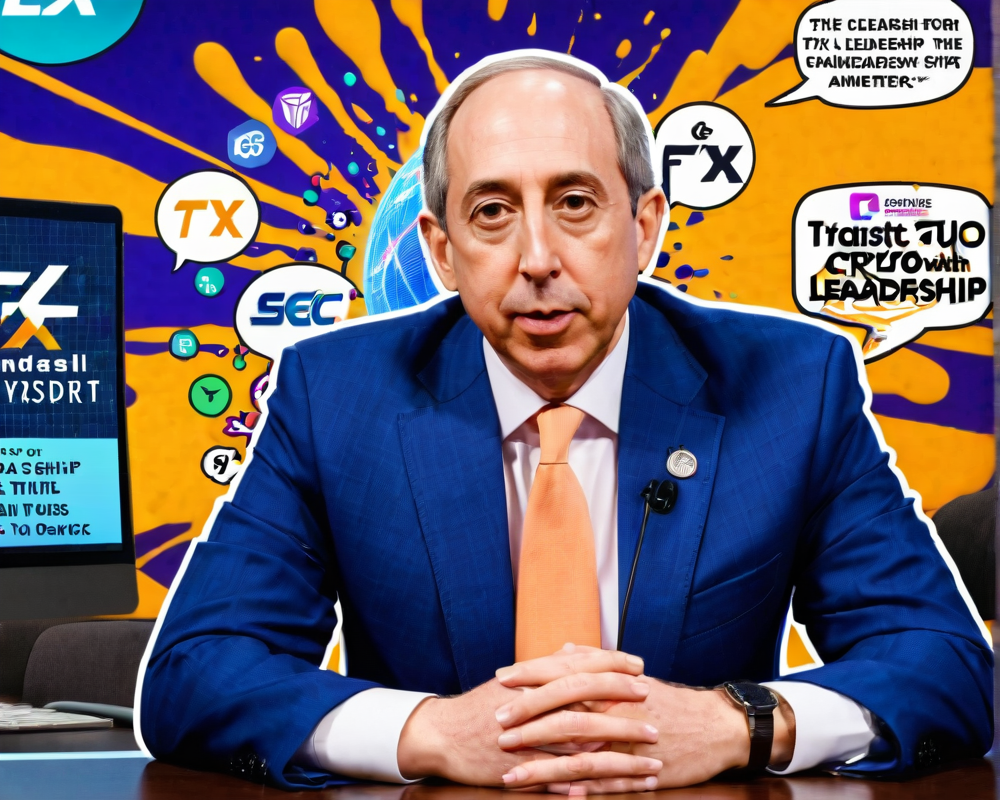What’s the Deal with OFAC and Crypto?
The Office of Foreign Assets Control (OFAC) has a new trophy on its wall: a crypto wallet allegedly associated with the notorious Sinaloa Cartel. In their latest moves, they’ve sanctioned ten characters linked to this infamous crime syndicate, including a fellow named Mario Alberto Jimenez Castro, through the magic of Ethereum.
The Fentanyl Connection
According to the Treasury’s latest announcement, Jimenez Castro isn’t just playing the virtual currency lottery. He’s reportedly part of a larger money laundering operation that streams profits from the illicit fentanyl trade—yes, you heard right—right into the hands of Sinaloa leaders back in Mexico. The Trail of Cash (or rather, virtual coins) leads directly to U.S. couriers who pick up cash and sweetly deposit it into various crypto wallets. It’s almost like a movie plot, but no one’s laughing.
Can You Feel the Impact?
At the time of this revelation, the wallet in question held a grand total of approximately 0.018 Ether. That’s about $28 at the current exchange rate. Talk about big-time spending! And to think, this little wallet was supposed to be a discreet way to dodge the law while profiting from the opioid crisis. Instead, it’s now a glaring red flag to U.S. authorities.
The Broader Strategy
Brian Nelson, the under secretary of the Treasury, made it crystal clear: the U.S. government is putting a spotlight on criminal organizations that threaten public health and safety. In his words, “Today’s actions show that Treasury and the Administration will continue to relentlessly target the criminal enterprises threatening international security…” Which is nice and all, but maybe they could have sent a thank-you card to those crypto developers while they were at it?
The Ripple Effect on the Crypto Community
This isn’t OFAC’s first rodeo with cryptocurrency; they previously targeted those connected to North Korea’s Lazarus Group, showing they’re quite busy in the virtual currency combat zone. Sure, some crypto enthusiasts have raised their voices in protest, especially after the sanctions against Tornado Cash where even a co-founder got arrested. But when the stakes involve public safety and health crises, it seems like the authorities have entered the no-nonsense zone.
Conclusion: What’s Next?
The sanctions against Jimenez Castro and the associated crypto wallet are just a part of a larger game of cat and mouse. As we move forward, it’s worth keeping an eye on how these developments might shape the future of cryptocurrency and the ongoing battle against its misuse. Now, whether that leads to a future of legal and regulated crypto or a continued game of whack-a-mole remains to be seen.




